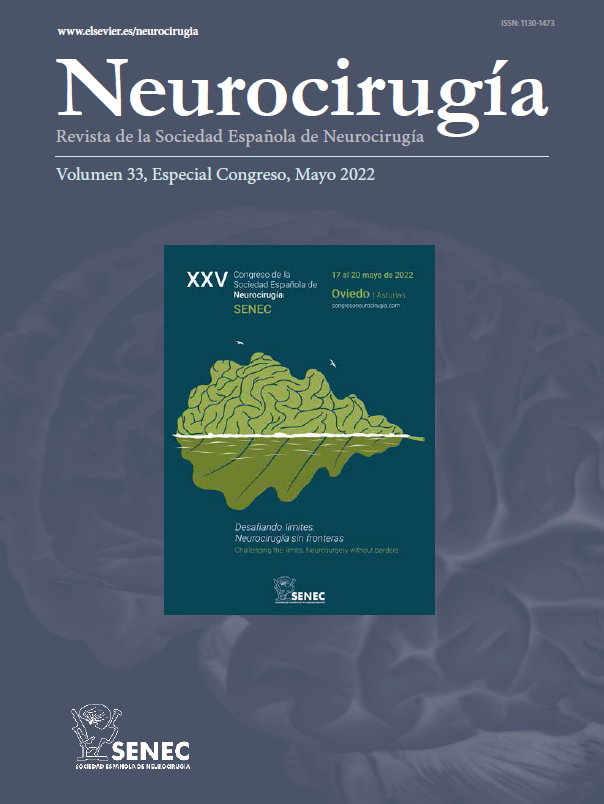P-002 - ADULT SELLAR ATYPICAL TERATOID/RHABDOID TUMOR PRESENTING WITH HYPOPHYSITIS
Complejo Hospitalario Universitario de Albacete, Albacete, España.
Introduction: Atypical teratoid/rhabdoid tumor (AT/RT) of the central nervous system tumor is an aggressive malignant tumor that occurs mainly in infants less than 3 years old. In adults it is extremely rare, being the cerebral hemisphere the most common location. The presence of rhaboid cells as histological features is not sufficient for the diagnosis; AT/RT is characterized by loss of function mutation in INI-1/hSNF5 gene on chromosome 22q11.2.
Case report: A 34-year-old female with a medical history of autoimmune thyroid disease, presented with headache, fatigue, and polyuria of one-month duration. Laboratory tests showed panhypopituitarism and low sodium levels, confirming diabetes insipidus. MRI T1 with gadolinium revealed a homogenous enhancement of the thickened infundibulum, being the diagnosis of tuberoinfundibular hypophysitis. After 2 months, the patient presented a cavernous sinus syndrome (ophthalmoplegia and Horner syndrome); MRI with gadolinium showed a heterogeneous sellar and para-sellar mass with skull base leptomeningeal enhancement and destruction of skull base bone. Transsphenoidal resection was performed observing the expansion of the lesion to the cavernous sinus and orbital fossa. The patient received radiation therapy and afterward, the patient needed two surgeries because of cerebrospinal fluid leak. During hospitalization, she experienced cauda equina syndrome; MRI revealed caudal leptomeningeal dissemination. After 1 month, her clinical condition worsened and succumbed to the disease 1 week later.
Discussion: Sellar AT/RT is extremely rare and, to date, a few cases have been reported with a female predominance. The diagnosis of AT/RT has been typically delayed by the rarity and difficulty in achieving the appropriate immunohistochemical evaluation. High levels of MIB/Ki-67 on histology may show aggressive features of the tumor. Even though the optimal therapeutic strategy must be gross total resection followed by adjuvant radiotherapy combined with chemotherapy, fatal prognosis is observed with a mean survival time of 23 months.







